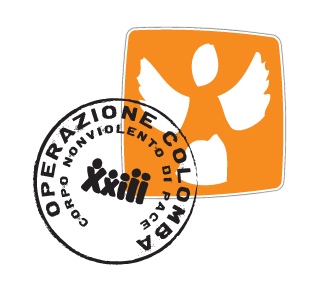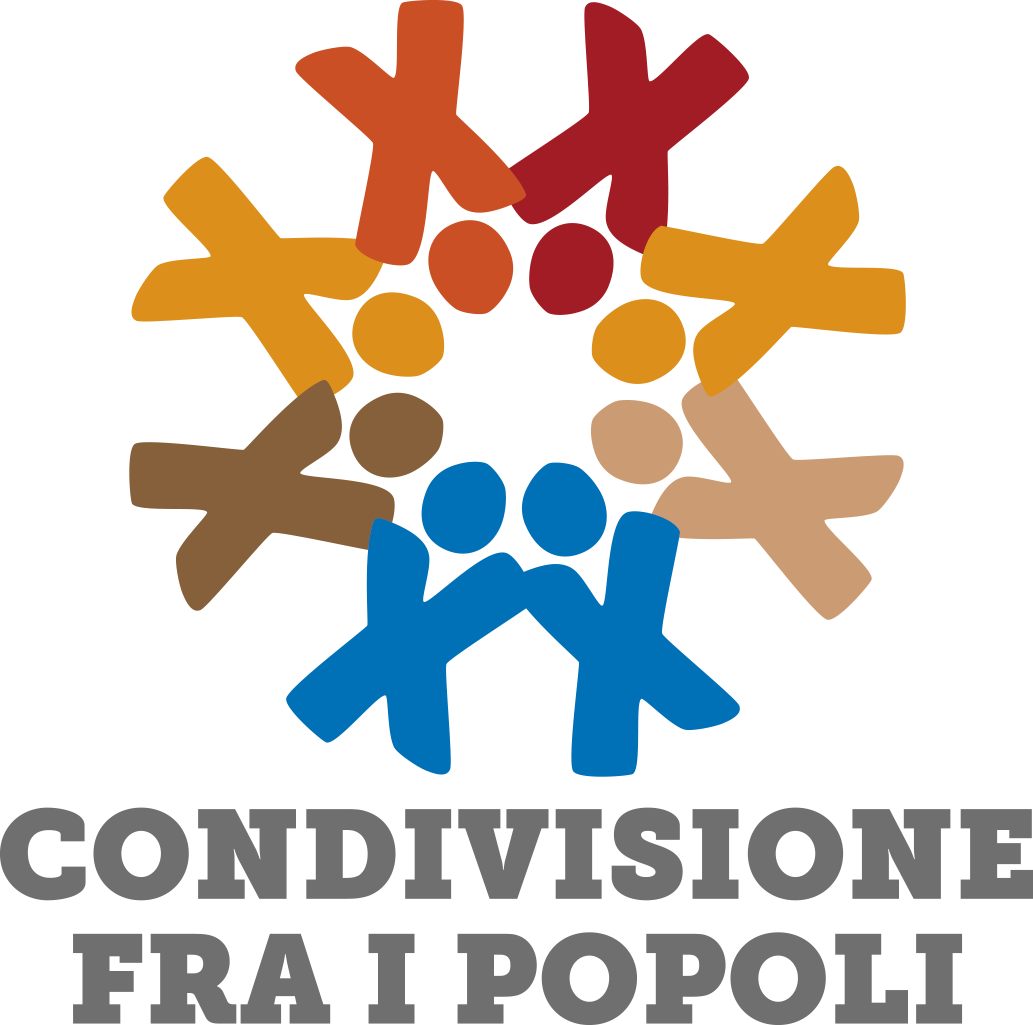We travel for two hours from Valdivia, crossing dirt roads and taking a ferry in order to get to the entrance of Fundo Punta Galera, located in Chaihuín, an area of Los Rios. This vast Fundo is a large private estate which was "regained" a few weeks ago by the Mapuche community called Lonko Pablo Nauco.
To show it, a Mapuche flag is fluttering at the entrance, and a banner announces that the community has managed to regain the land: the bolt securing the gate seems to convey the message "no one can enter here anymore".
The community is very suspicious because they fear that the "owners" of the large estate or the police may take action to get the land back. However, we are allowed to enter thanks to the contact we established with the werkén, i.e. the spokesperson of the community.
After crossing another dirt road, surrounded on one side by rich eucalyptus vegetation and on the other by the powerful view of the Pacific Ocean and its virgin beaches, we finally meet the community.
After several handshakes and a more in-depth introduction of who they are, some community members begin to tell us the story of their families and their ancestral lands.
The territory where we stand - which has always been inhabited by Mapuche Lafkenche communities of the coast - was donated by the Chilean State to a French noblewoman in 1922. Fortunately, she never took an interest in the matter and never set foot on "her land", therefore the sale of the land did not have any impact on the life of the indigenous community.
However, the situation changed drastically in the early 1990s, when the property was bought by a Spanish entrepreneur, José "Coño" González. The new owner wanted to invest in the forestry sector, so he started an intensive cultivation of eucalyptus - a non-native and invasive plant which severely affected the ecosystem of the area. Moreover, José "Coño" González forced out of the land the Railaf and Nauco Mapuche families by burning their homes.
Due to this, a long "exile" began for these families, even if they preserved the memory of the land in which they were born, as it represents a spiritual bond for the Mapuche.
After more than twenty years, the same families have regained possession of their ancestors’ lands thanks to a process that began on March 2nd. The members of the Mapuche community decided to settle near the remains of their old burned houses, where they were born and raised before being forced to move to the nearby towns of Corral and Uniòn.
In the meantime, ten years ago the ownership of the estate was inherited by four Chilean entrepreneurs who decided to make it a luxury tourist destination, building various villas, a golf course and a small private airport.
Werkén Hernaldo Nauco explained to us that before the physical occupation of the land, the Mapuche community had started a proceeding at the Corporación Nacional de Desarrollo Indígena (CONADI), the state institution that deals with indigenous territorial issues.
The community is asking for the recognition of its territorial and socio-cultural rights, and for the registration of their occupied ancestral territory into the Registro Público de Tierras Indígenas. Their request is based on a document signed in 1947, in which the then French owners acknowledged that Fundo Punta Galera coincided with the ancestral land - Futa Palihue - of the local indigenous Mapuche community.
While waiting for the long bureaucratic procedure to obtain the formal restitution of their lands by the State, the members of the Railaf and Nauco families say they want to stay on these regained lands, counting on the support of numerous Mapuche associations and communities, as well as on organizations for Human Rights which have been following the story.
In recent weeks, a religious ceremony has also taken place around the rewe - a kind of altar, in which the machi (religious authority) and a lot of other communities have intervened.
The community has shown that it is ready to open a dialogue with the owners of the estate and the public authorities in charge - with whom some meetings have already occurred. They are strongly demanding full recognition and respect for their own territorial, socio-cultural, environmental and economic rights, which should be protected by both Chilean and international law.
Carlo


 OPERAZIONE COLOMBA
OPERAZIONE COLOMBA
